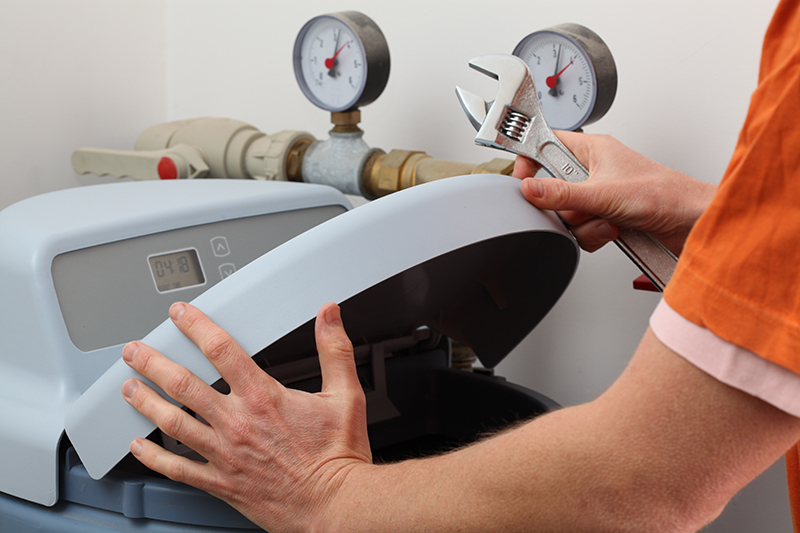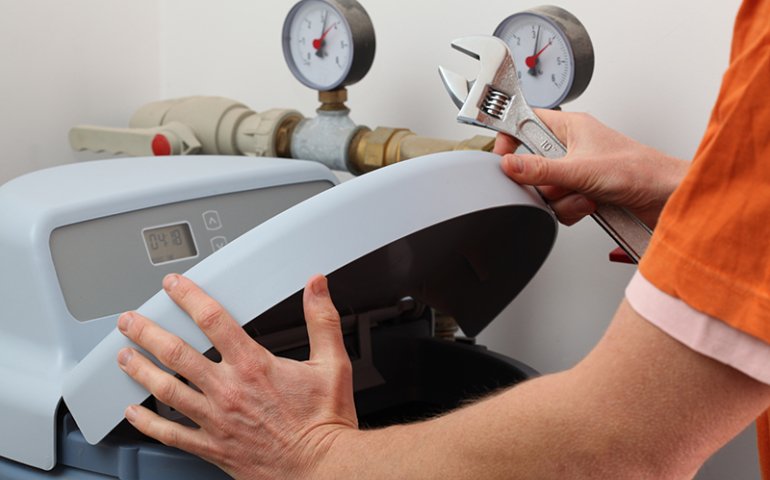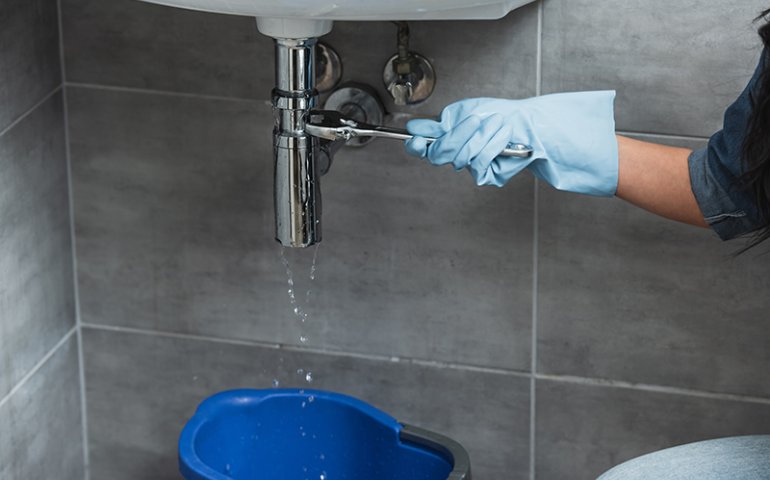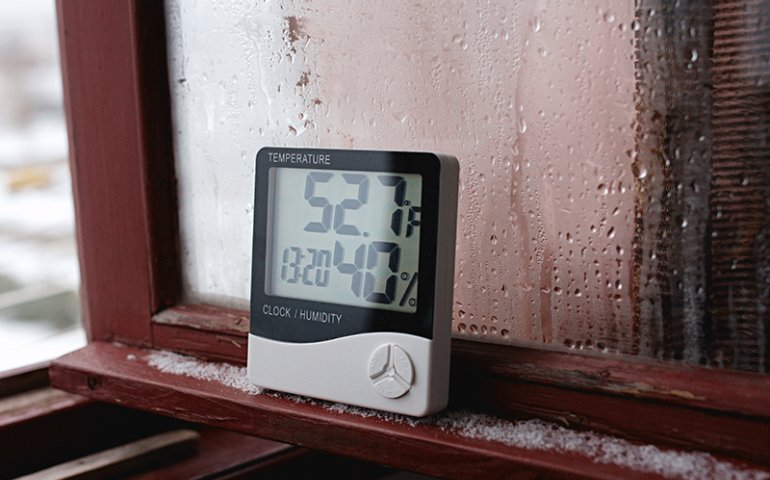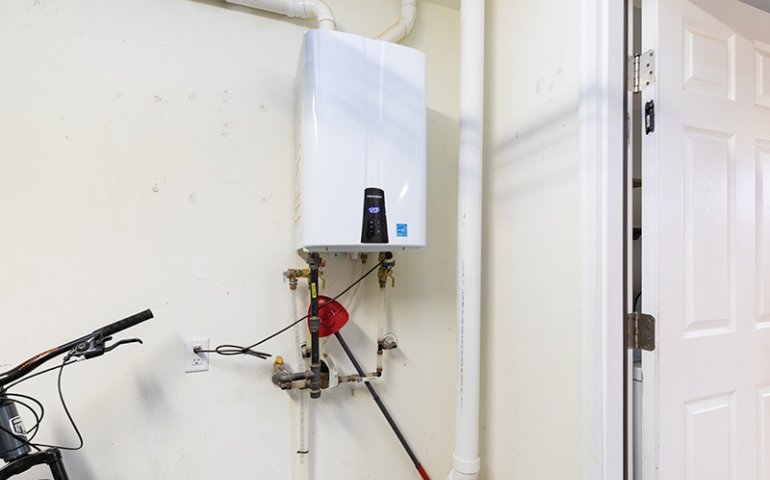Does My Plumbing Need A Water Softener?
The efficiency of your plumbing system is often tied to the quality of the water running through it. Hard water contains high mineral content and can affect your plumbing system. In this blog, we discuss the dangers and key indicators of hard water. We also offer steps to reduce the impacts of hard water on your plumbing system. Let's explore the world of water softeners and how to maintain your plumbing system.
The Impact of Hard Water on Plumbing
Hard water contains elevated levels of minerals like calcium and magnesium. It, unfortunately, can lead to various challenges for your plumbing system. The build up of mineral deposits, known as limescale, can obstruct pipes and reduce water flow. This can impact the efficiency of fixtures and appliances. Over time, the presence of minerals in hard water can lead to corrosion in pipes and fixtures. This can cause leaks and compromise the integrity of your plumbing system. Some appliances may not be as efficient and may use more energy when they have hard water. These appliances include water heaters and dishwashers. This can lead to higher utility costs.
Signs You Need a Water Softener
There are several signs that you may need a water softener within your plumbing system.
- Scale Buildup. Limescale buildup can be visible white or yellowish deposits. This is most often found on faucets, showerheads, and other fixtures. This can signal the presence of hard water.
- Frequent Plumbing Repairs. If you have frequent plumbing repairs it may be due to hard water. Clogs, leaks, or fixture malfunctions can all be due to hard water.
- Dry, Irritated Skin and Dull Hair. The effects of hard water extend beyond plumbing. If you notice dry skin, brittle hair, or dingy laundry, it could be a result of hard water. It can impact your personal care and laundering.
- Spots on Glassware and Dishes. Streaks and spots on glassware and dishes after washing are common signs of hard water. This is because mineral deposits remain after the water evaporates.
Working Towards Reducing Hard Water Effects
To mitigate the impacts of hard water on your plumbing system, consider these methods. Install a water softening system to reduce the mineral content in your water. This can prevent limescale buildup and protect your plumbing infrastructure. You can use vinegar to remove limescale from faucets, showerheads, and other fixtures. Soak affected areas in vinegar to dissolve the mineral buildup. If you still have issues with hard water, consult a plumbing professional. They can test your plumbing system and offer solutions for reducing hard water.
Contact Us
Maintaining an efficient plumbing system involves addressing the impact of hard water. You have to take proactive measures to reduce its adverse effects. Recognize the signs of hard water and how it affects your plumbing. Be sure to use these practical methods to ensure your plumbing system works as it should. If you need help with hard water, contact us today. Together, we can safeguard your plumbing infrastructure and enhance your water quality.

